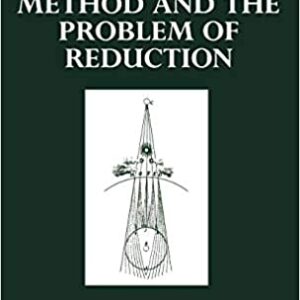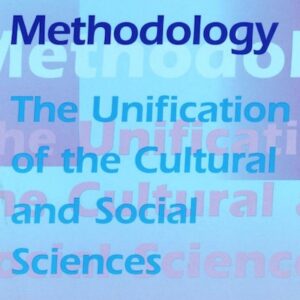
About Method: Experimenters, Snake Venom, and the History of Writing Scientifically
By Jutta Schickore (NHC Fellow, 2011–12)

By Jutta Schickore (NHC Fellow, 2011–12)

By Emily R. Grosholz (NHC Fellow, 1985–86) The Cartesian method, construed as a way of organizing domains of knowledge according to the "order of reasons," was a powerful reductive tool. Descartes made significant strides in mathematics, physics, and metaphysics by relating certain complex items and problems back to more simple elements that served as starting … Continued

By Fritz Ringer (NHC Fellow, 1993–94) At a time when historical and cultural analyses are being subjected to all manner of ideological and disciplinary prodding and poking, the work of Max Weber, the brilliant social theorist and one of the most creative intellectual forces in the twentieth century, is especially relevant. In this significant study, Fritz … Continued

Edited by A. W. Coats (NHC Fellow, 1983–84)

By Alexander Rosenberg (NHC Fellow, 2006–07) Originally published in 1981. Why have the social sciences in general failed to produce results with the ever-increasing explanatory power and predictive strength of the natural sciences? In seeking an answer to this question, Alexander Rosenberg, a philosopher of science, plunges into the controversial discipline of sociobiology. Sociobiology, Rosenberg … Continued